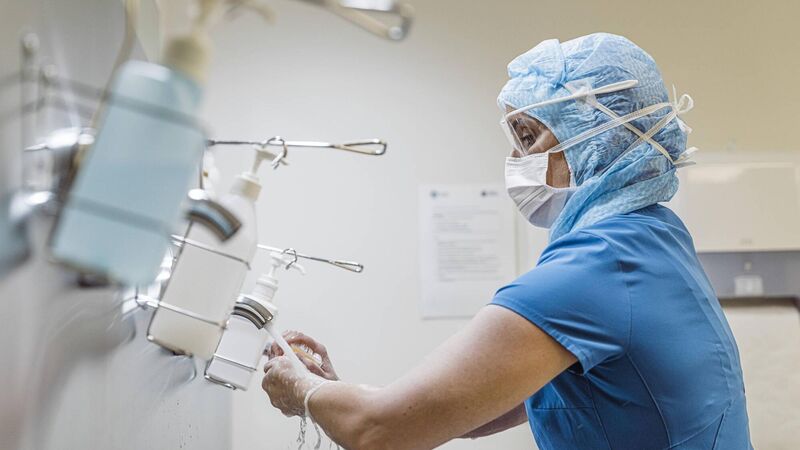Women bearing the brunt of Covid pain and drastic action is needed

Our largely female healthcare force, facing dual challenges in the workplace and at home, can only absorb so much of the societal and economic shocks of Covid-19, writes Covid Women's Voices
In the war against Covid-19, women are not only on the frontline, but are disproportionately bearing the burden of a pandemic that has heralded untold grief and wrought economic havoc. Now in our third lockdown, the coronavirus has thrown into stark relief the inequalities, including structural, social and economic barriers, still faced by women.
In the EU alone, 76% of healthcare workers are women. The majority of care roles (those looking after the elderly and people with a disability) are also held by women, often with precarious, part time arrangements. Informal care work is ascribed little value, but its cost to carers’ physical, emotional, and financial wellbeing is enormous.













